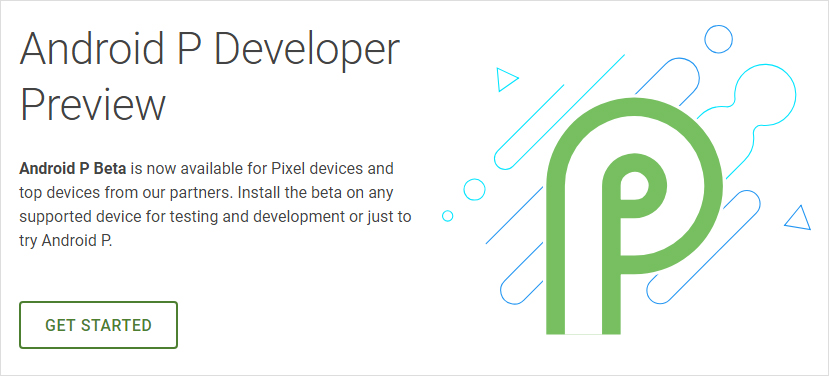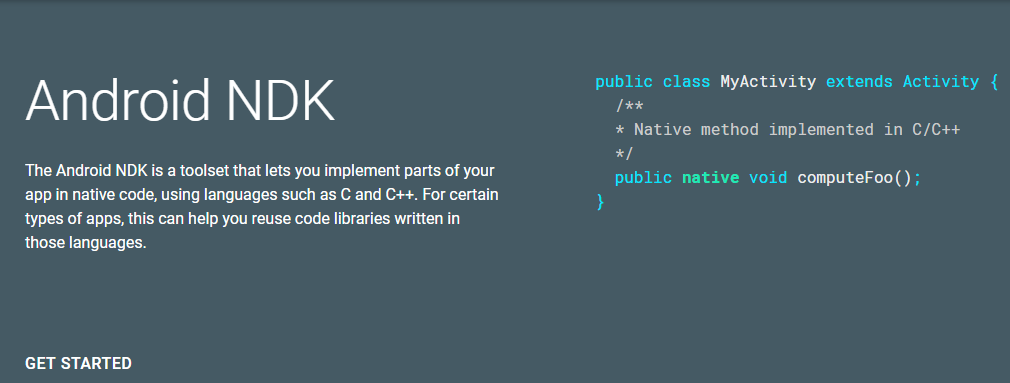Google I/O 2018 – a developer festival took place on May 8 – 10 2018.
From all over the globe, the Google I/O show is an annual gathering of developers from across the globe that allow the developers to learn new things with Google experts and to first know and experience the latest Google developer products.
Google I/O 2018 showcased that is going to change app development trends for iOS as well as Android and also, the way we develop web or mobile apps in 2018 and beyond:
Table of Contents
1. Google Duplex
The most talked about topic of Google I/O 2018 is Google Duplex.
Why?
Check out the video below:
So, Google worked for many years to come up with Google’s AI functionality with Google Assistant making calls to the businesses. This is named Google Duplex.
And, how does it affect our mobile app development industry?
Looking at the speed Artificial Intelligence (AI) is coming forward with Google Duplex, more and more businesses would look forward to utilizing it for their benefit.
Also, Google Duplex made things easier where online bookings were not available.
But, what about the businesses who already have their own apps to book the orders online?
How would businesses want their apps to function like Google Duplex?
- eCommerce apps would choose the best product for you as per your search and filters using AI assistants
- Also, businesses would develop mobile apps that would handle customer services on their own using AI
- Telecom industry would come up with AI-based customer-friendly apps that would make the calls on their own and handle queries of the customers
So, the mobile app development trend is going to see more of Artificial Intelligence (AI) based mobile apps in the coming months of 2018 and beyond.
2. Gmail AI Smart Compose Using Machine Learning (ML)
Yes, Machine Learning is also utilized with Artificial Intelligence in the new announcement during Google I/O 2018, Gmail Smart Compose.
Check out the video on how GMAIL becomes smarter enough to type an email for you using ML:
How would businesses want their mobile apps with machine learning?
More and more businesses would want their mobile apps to come up with the smart auto-complete feature.
- Microsoft Outlook would soon come up with such smart email compose feature to stay in the competition
- Many businesses offering email composing and email marketing tools would utilize machine learning to update their software and even apps
- Machine learning (ML) would also be utilized by the social media apps as well to auto compose the messages
- Businesses would also utilize ML for auto-compose functionalities on their forums, support groups, etc.
Hence, Machine Learning along Artificial Intelligence will be an IN-thing for most of the business mobile apps in the coming years.
3. Android P for Smarter Apps
Businesses keep on focusing on how to make user-friendly mobile apps. User-friendliness does not only implies to good UI but, everything from the app battery usage to app security.
Google I/O 2018 comes up with Android P which is said to be using machine learning for most of its exciting features.

I. Adaptive Battery
Battery usage has been a huge concern for the Android users almost at all times.
But, here at Google I/O 2018, they announced that they’ve partnered with DeepMind that optimizes how the Android apps use the battery of the smartphones.
This adaptive battery uses machine learning to restrict those apps which are rarely used by the users. It will prioritize the battery usage of the apps based on the apps majorly used by the users.

Most businesses would want to offer the great user experience to its users using this Adaptive Battery. Hence, the mobile app development companies need to make sure the developers utilize the APIs required for the same.
II. App Actions
App Actions use machine learning to understand when and for what purpose your mobile app is mostly used by the users. App actions will take place based on the app usage history and patterns.

App actions suggest users about the app’s core capabilities while looking to use the app.
Android app developers can utilize this by defining the app capabilities as semantic intents. So, this is what now most of the Android app development companies need to focus on. This will help the businesses to bring their apps to the right people at the right time without using any special API.
III. App Slices
Android P also comes with App Slices using which you can show your app’s remote content to users in different places like Google Search and Assistant.
You say search for Lyft on Google and you will get the information shown in the below picture:

More and more local businesses would look forward to such App Slices to utilize more user engagement on their local business apps.
IV. Auto-reply in Notifications
Auto-reply and auto-compose are literally making the trends these days when Google I/O 2018 announced the Gmail’s smart compose feature.
With Android P, Google is coming up with a Machine Learning kit that will help the Android app developers to utilize such auto-reply features in the apps.
Just like Google, each business works aggressively on improving the user experience. And, this is surely going to rule the mobile app development trends for the coming years.
V. App Security
Mobile app security will remain the crucial concern for most of the businesses.
Looking at that, Google I/O 2018 announced Android P that would focus on security aspects based on the following 3 techniques:
● BiometricPrompt
Android P comes up with a new API named, “BiometricPrompt” that offers a standard authentication policy instead of creating your own biometric auth dialogs. It also supports Face and Iris authentication for consistent authentication across the entire system.

● Android Protected Confirmation
Android P announced Android Protected Confirmation which can be utilized for user confirmation. With the help of Trusted Execution Environment (TEE) a string is shown to the user for the verification.

● Strongbox
Android P offers API support using StrongBox – a new KeyStore API. It offers strong protection of your private keys using the StrongBox security chip.

Well, all of these 3 types of security techniques offered by Android P would be highly trending among the businesses to make their Android apps secure with the standard authentication methods.
VI. Compatibility using Public APIs
While announcing Android P at Google I/O 2018, they say the Android apps need to be tested for non-SDK interfaces.

So, now the mobile app development companies would be in demand to test the already built Android applications for non-SDK interfaces. Also, the developers would need to move from SDK to NDK interfaces to make the Android apps compatible for non-SDK interfaces.
So, with this announcement, the Android app development companies would be in demand for at least 2018 to make this shift.
4. Google Assistant on Wear OS
Google I/O 2018 announced Wear OS to grab the market that is already growing YoY.
Here, in the video, you will see some stats why Google came up with a new NAME, Wear OS:
- They had 26 new smartwatches in 2017
- There is 148% YoY growth in iOS users in 2017
- 1 of 3 Wear users connect to their iPhone
So, wearable technology is gearing up at a rapid pace with the Wear OS because of its latest features.
The most important feature that Google I/O 2018 announced for Wear OS is the Google Assistant.

With the always available microphone, text-to-speech functionality and support for suggestion tips – everything that is required to use the Google Assistant on smartwatches.
But, how would that affect the mobile app development industry?
There will be an increase in demand for smartwatches and this demand would generate the demand for wearable apps.
More apps for connectivity and health would be developed targeting Wearable market.
5. Augmented Reality
Before 3 months, Google announced ARCore to help developers to build Augmented Reality (AR) apps.
At Google I/O 2018, Googles announced 2 features supporting ARCore-
● Cloud Anchors
Using Cloud Anchors, the app users can easily collaborate AR experiences on Android as well as on iOS like changing a few decor pieces in your living room, playing games with your friends and even much more.
● Vertical Plane Detection
This feature of ARCore uses the capability called, Augmented Images, that allows the app users to bring images to life just by pointing the device in front of them.
● Sceneform
This feature eliminates the need to learn complex APIs like OpenGL for the Java developers to build 3D apps with Sceneform. With this, the app developers can build the AR apps or modify the existing ones even for mobile.
Wrap Up
Based on the announcements made at Google I/O 2018, following are the trends that will rule the mobile app development industry for 2018 and beyond:
- Artificial Intelligence based app features
- Smarter & Secured Android Apps
- Wearable mobile apps for both iOS and Android
- Augmented Reality
What are your thoughts on these mobile app development trends influenced by Google I/O 2018?



